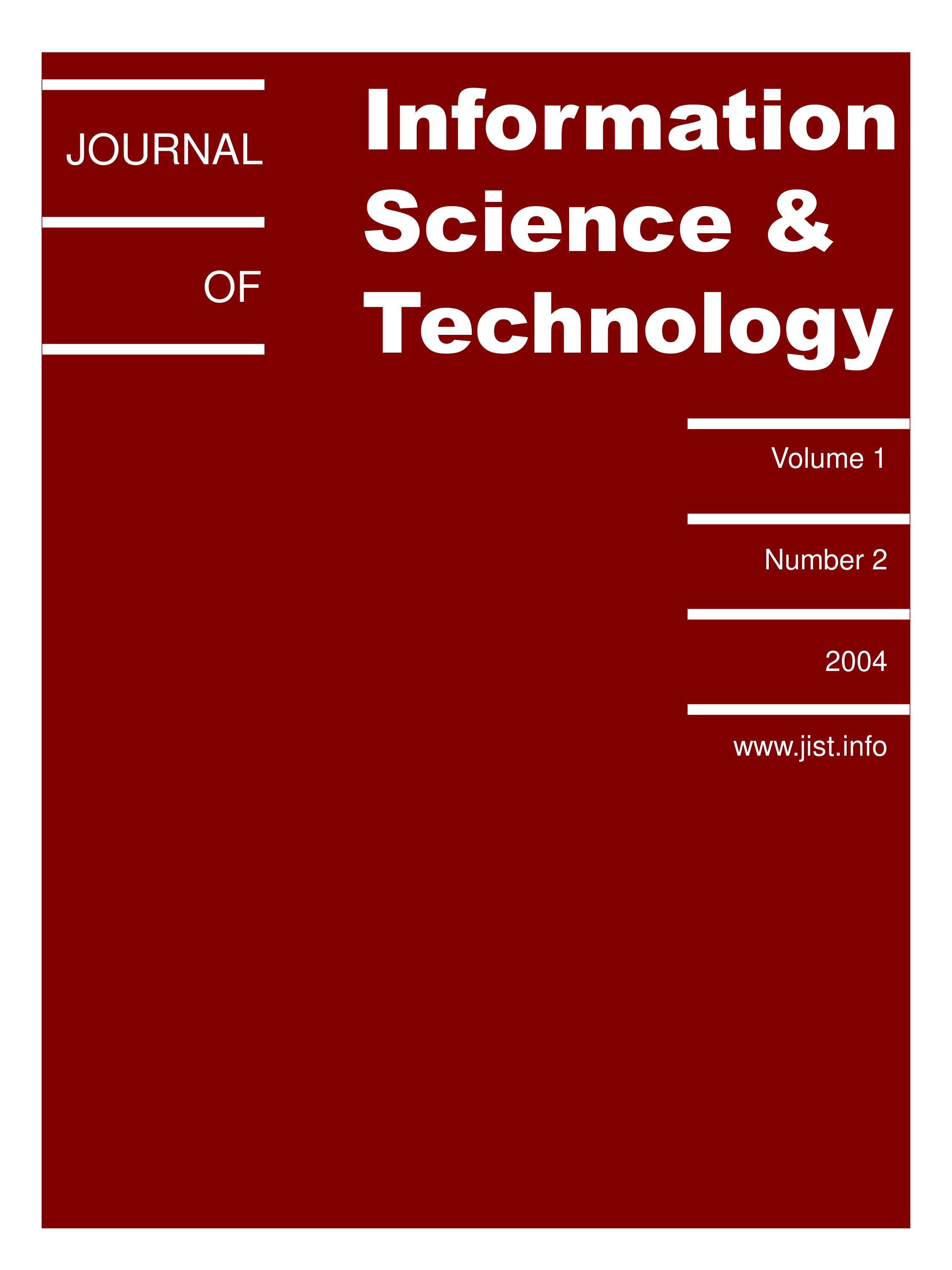Interorganizational Systems and Embedded Relationships
Keywords:
Interorganizational Systems, Task Interdependency, Organizational Strategy, General Management, Global Information SystemsAbstract
Abstract
This paper adopts a resource dependency perspective to demonstrate the
premise that interorganizational systems (IOS) are not all created equal, but are
all related in such a way that influences their manageability and conduciveness
to change. This principle is theoretically established and empirically supported
through a comprehensive review of the IOS literature. Associations between four
base IOS types - reciprocal-sequential, modular-sequential, modular-pooled, and
reciprocal-pooled - are established. The relationships are represented as a series
of propositions that together define an embedded resource dependency theory
of IOS management. This theory is then used to provide a new perspective on
two long-standing questions: whether technology-specific IOS research represent
conceptually distinct fields of study, and why eHierarchies and eMarkets do not
develop entirely as predicted. The paper concludes with a discussion of future
research opportunities, such as the effects of the type of IOS relationship on an
important organizational capability, the ability of network members to adopt new
technology.




